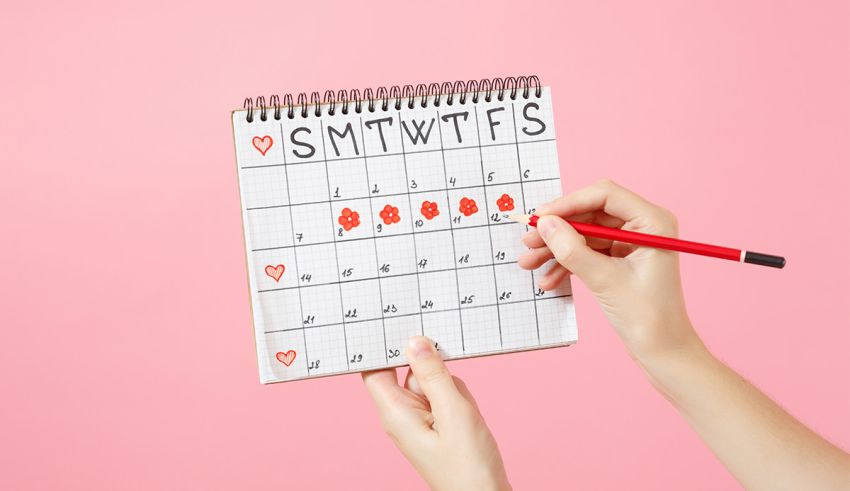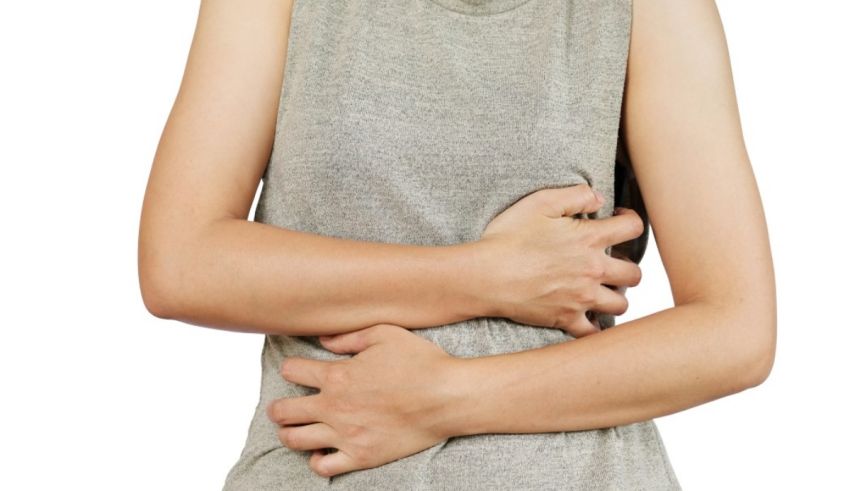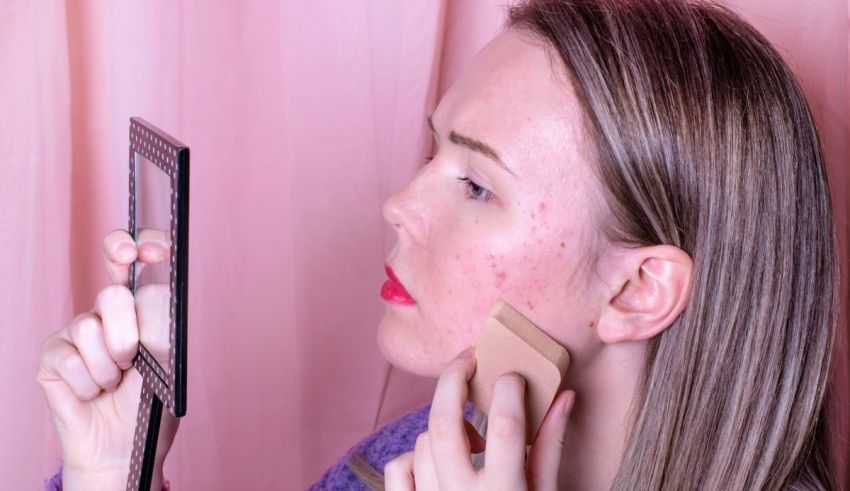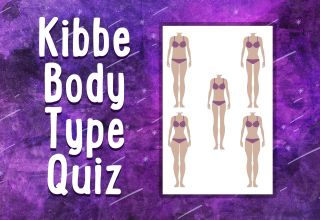
What Is a First Period Quiz?
It is a questionary designed to identify and detect the signs of your first ever menstrual cycle. It helps people who ask, “When will I get my first period?” by analyzing their body, age, and pubertal development.
The test cares about your feelings, too. For example, being moody or asking questions like “Why am I so tired?” affect the results.
Predicting how close you are to your first menstrual cycle.
No method can accurately calculate the exact date of your initial bleeding. But a genuine online quiz reveals if it is about to happen or not.
It is a self-report type of test. So, you need to be as honest and precise as possible to receive reliable results.
Identifying if anything is wrong.
Teenagers are prone to overthink their puberty signs. So, we wanted to create a First Period Quiz that ensures everything is fine with your body. It also recognizes any possible threat or red flag to help you be prepared.
Offering period tips based on your quiz results.
Dealing with your first menstrual cycle may seem challenging. But with some reliable pieces of advice from the experts and women’s health specialists, you can handle the situation pretty easily.
By the end of the test, you receive customized professional guidance tailored for your current situation. And hopefully, the information will help you be prepared when your initial cycle starts.
The Accuracy Rate of Online Period Tests
Any quiz that promises to predict the exact date of your first cycle is lying. That is because no medical or theoretical method has been proven to be capable of that. The period starts when your body decides it is about time. A test can only calculate how close you are to your bleeding.
How to Know Your First Period Is Close without a Quiz
Honestly, you do not need a test to tell you about your upcoming cycle. You can find out when you will get your first period by inspecting the following factors.
#1: Look for puberty signs and symptoms.
The menstrual cycle is linked with puberty. So, when the signs of adolescence show up, you should expect your period to be around the corner. Here are the five symptoms you need to keep an eye on.
· Height growth
If you experience faster bone growth, you might be closer to your initial bleeding.
· Pubic hair
Thicker hair around your genitals and armpits is another symptom of a reaching period age.
· Fluid or discharge
When your cycle is about to happen, you see a whiteish or yellowish fluid on your underwear more frequently. This sticky and scentless liquid is a sign of puberty and possible bleeding in the near future.
· Boddy odor
Puberty causes your sweat and body scent to be more pungent. So, if you feel like your odor has changed, you should be prepared for your first period.
· Breast growth
This one is usually a women-specific symptom. Enlarged breasts are a sign of puberty and menstrual cycle age.
#2: Analyze your age and body.
You should expect your first period at around the age of 12.5. (Yes, twelve and a half). But it can happen anywhere between the age of 10 to 16—or even earlier or later.
Doctors suggest that having a healthy body (and a healthy diet) affects your first menses. Having a weak body or struggling with certain conditions might postpone your bleeding.
| Early | Before 12 |
| On-time | 12-14 |
| Slightly late | 15-16 |
| Late | Older than 16 |
#3: Ask your mom about their menstrual cycle.
Studies show that some people get their first menses at about the same age as their moms. So, one way to predict the time of your cycle is by asking your mom about their initial bleeding.
But do not forget that menstruation is like height. You might know the affecting factors, but you will never be able to guess the outcome accurately.
3 Reasons Why Our Quiz Is Worthy of Trying
Many tests claim to answer questions like, “When will I get my first period?” But few of them are worth your time and effort. We think you would like our quiz, though. This is why we feel so:
It is gender-neutral
You know that menstruation is not a women-specific phenomenon. Non-binary, transgender, and people who do not identify themselves as women may also experience menses. Unlike other online period quizzes, we acknowledge their presence and respect their bodies. That is why the test does not include any gender-specific terms or results.
It is cliché-free
Outdated beliefs such as irrational irritability caused by PMS or hymen-related myths have no place in our test. We want everyone who might experience menses to have fun and feel respected while answering the questions.
Parents can take it as well.
If you follow your kid’s physical changes closely, you may be able to take the First Period Quiz and receive accurate results.
What if the Quiz Says Your First Period Is Close?
Do not panic. It is a piece of good news to know your menses is about to happen. It is a sign that you have a healthy body and your pubertal development continues. Anyways, the following tips can give you an idea of what to do next.
– Learn the terms.
You should be at ease with your body and the terms used to describe its functions. Here is a list of words you need to look up if your First Period Quiz result was positive: Flow, Cycle, Amenorrhea, Dysmenorrhea, Follicular phase, Luteal phase, and Ovulation.
– Ask questions.
It is okay to be unfamiliar with what is going on with your body. But it is crucial for you to ask questions to acquire more information about your initial menses.
– Expect the unusual.
Not everyone’s menstruation will be the same. So, stay calm and be open about things you experience so others can help when something goes wrong. It is usually good to discuss your symptoms with a close family member or friend to make sure everything is okay.
– Be prepared.
Having a period kit (i.e., tampons, pads, briefs, underwear) comes in handy when your first period is close. If you go to school, let the nurse know that you are at the menstruation age to help you if necessary.
Heads Up: Don’t Forget the One-Ten-Twenty Rule
There are three instances where you have to see a doctor or menstruation health specialist immediately.
- If you use 1 tampon per hour.
- If your menses last for more than 10 days.
- If the gap between your cycles is less than 20 days.
The above red flags are abbreviated as the 1-10-20 rule. Make sure to seek professional help if you face any of the said situations.
Disclaimer
The First Period Quiz is not a diagnostic test. And you should take the results lightly. The questionary is designed to give you an idea of when your initial menses might happen. Please, make sure to talk to a specialist if you have menstruation-related problems and do not rely on the online test results.
Stay healthy and keep loving your body ✌🏻































